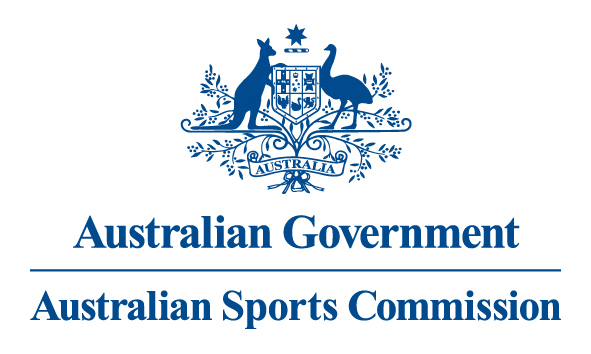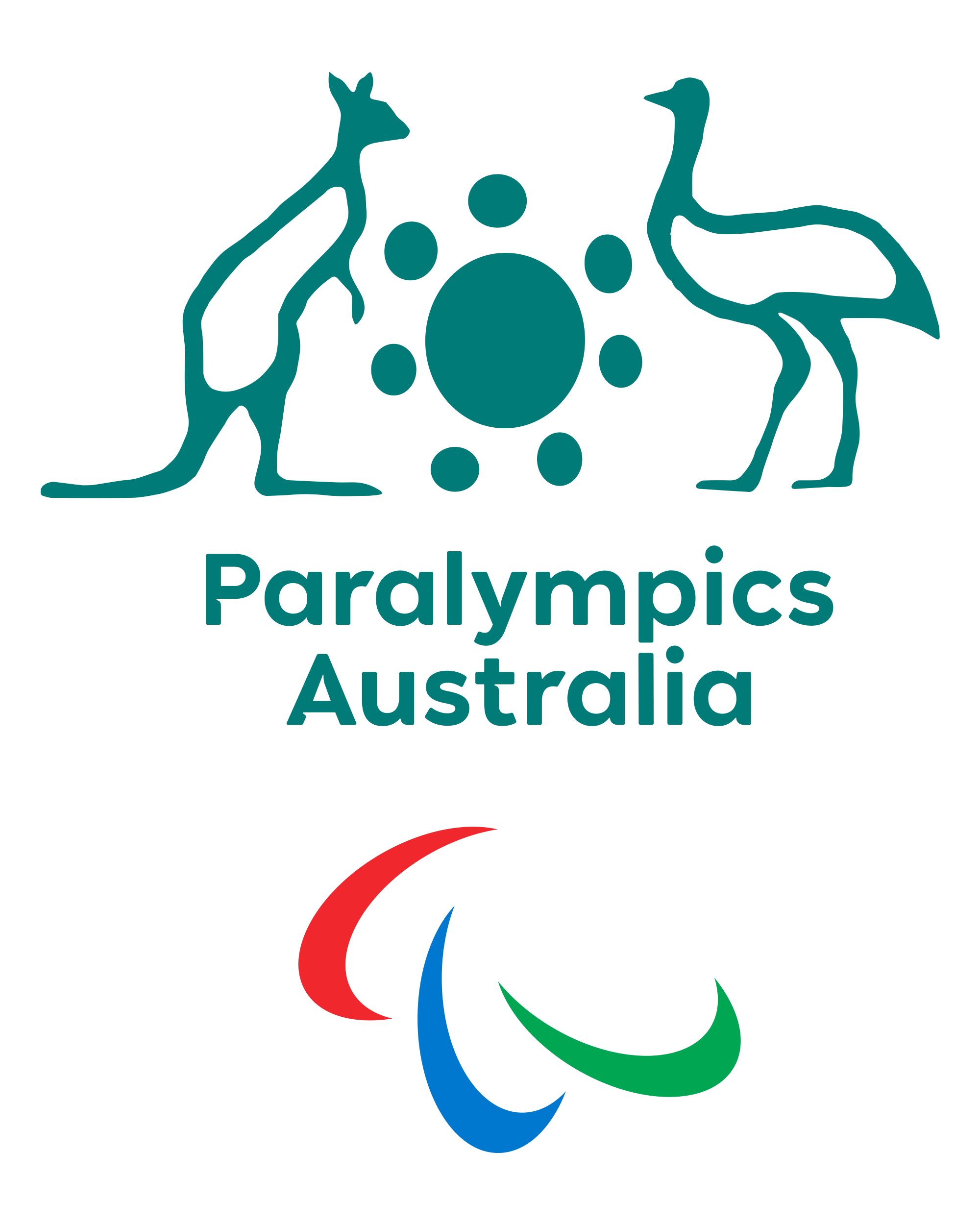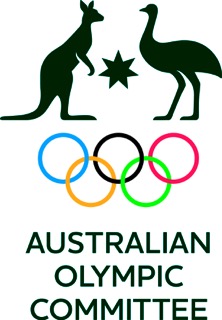
Banned VS Controlled Substances - Explained
We at Equestrian Australia often get enquiries about the definitions of “Banned Substances” and “Controlled Medications” and what they mean for you and your horse.
The FEI has Prohibited Substances List, which is divided into two sections:
Controlled Medication and Banned Substances.
The FEI states that:
- 'Controlled Medication' are substances that are deemed by the FEI to have therapeutic value and/or be commonly used in equine medicine. Controlled Medication have the potential to affect performance and/or be a welfare risk to the horse.
- 'Banned Substances' are substances that are deemed by the FEI to have no legitimate use in the competition horse and/or have a high potential for abuse. They are not permitted for use in the competition horse at any time.
So what does this specifically mean for you and your horse?
The FEI states: “Banned (doping) Substances should NEVER be found in the body of the horse.”
“Controlled Medication substances are those that are regularly used to treat horses, but which must have been cleared from the horse’s system by the time of competition.”
This means that while your horse may be administered a Controlled Medication, such as under veterinary advice, you CANNOT compete your horse while Controlled Medications are present in your horse.
When it comes to ‘natural’ or ‘herbal’ products, or those of which the ingredients are unknown, don’t let yourself be lulled into a false sense of security.
The FEI has published a warning regarding the use of these supplements too, “Any substance which affects the performance of a horse in a calming (tranquillising) or an energising (stimulant) manner and which contain a Prohibited Substance are forbidden. Athletes should also be aware that the use of a calming product during competition may also have important safety consequences.”
The FEI offers a database to help you identify which substances are prohibited under FEI regulations – CLICK HERE to check it out.
The onus is put on to the Person Responsible (PR). If in doubt, ask your vet, check the database and remember to keep an eye on the latest updates and changes to the Equine Prohibited Substances List (EPSL), which is reviewed on an annual basis.
As you prepare for the competition season ahead, the FEI strongly encourages “athletes and their support teams to work closely with their veterinarians when administering substances to horses”.
For more information visit https://inside.fei.org/fei/cleansport/ad-h/prohibited-list










